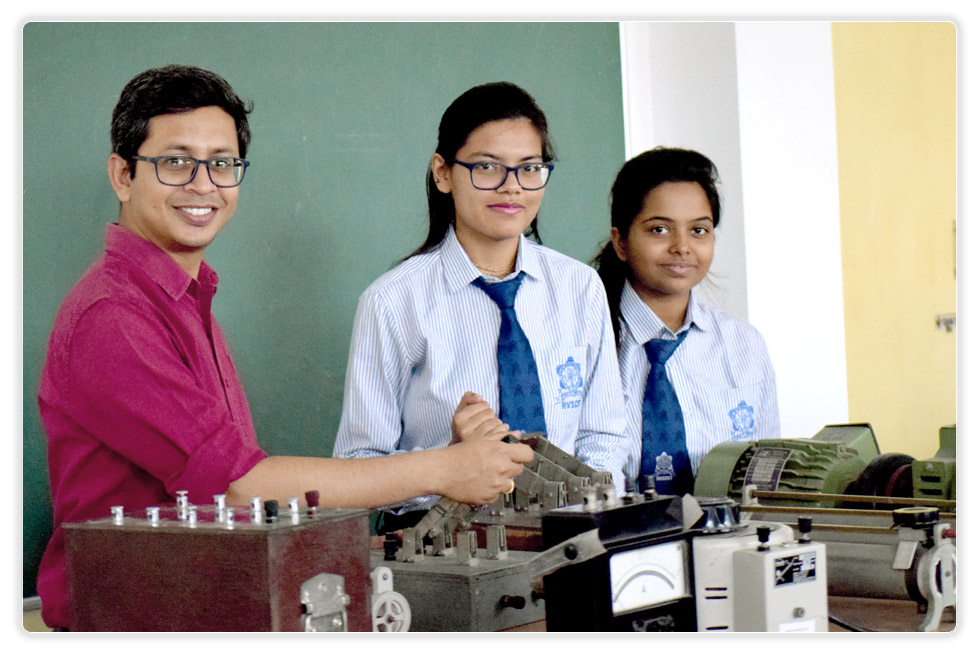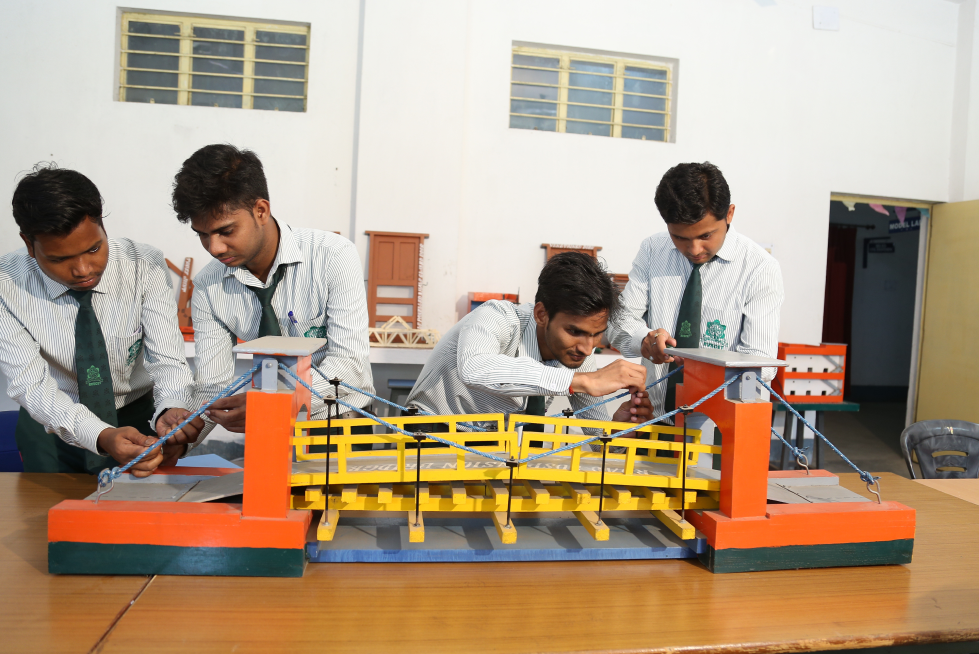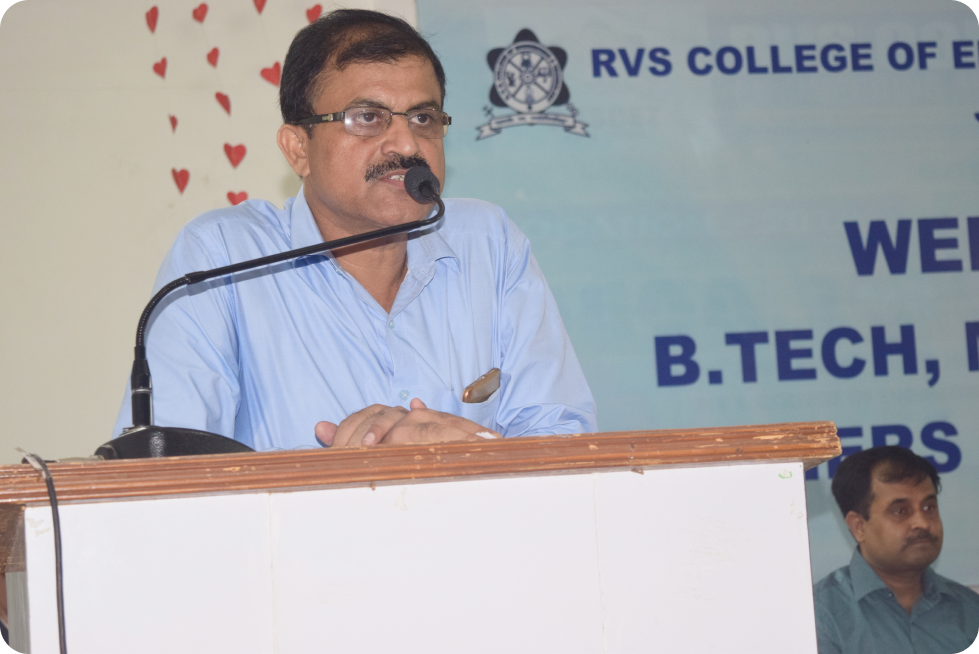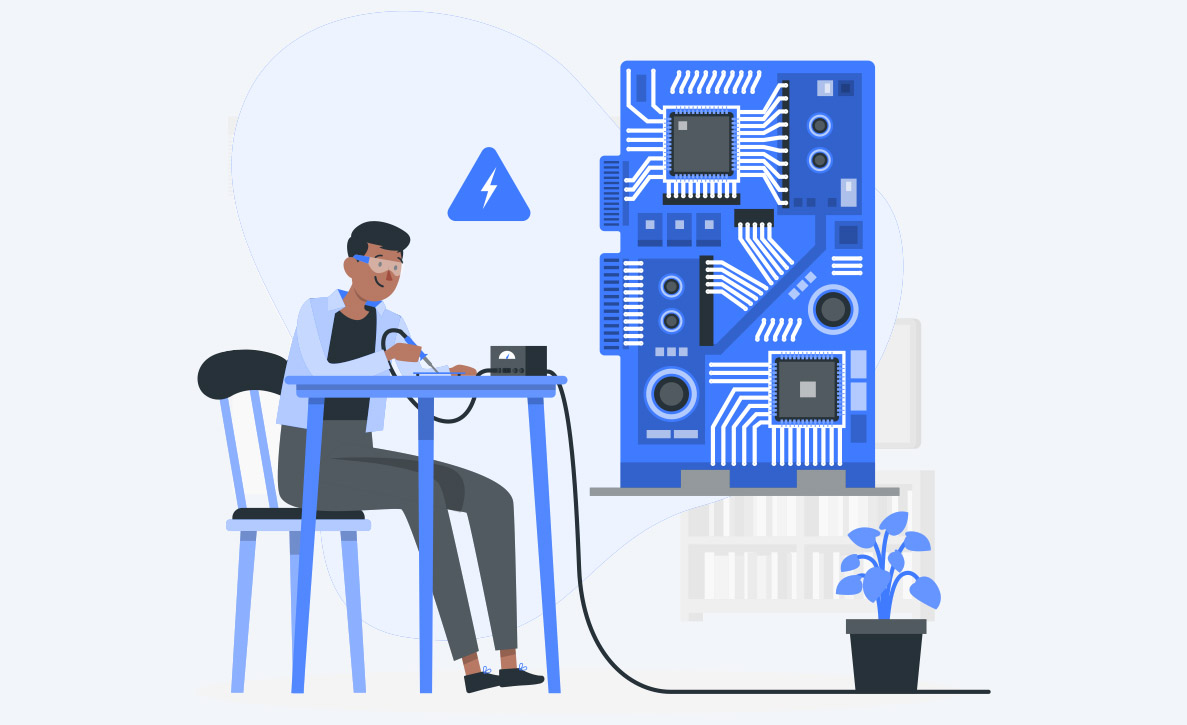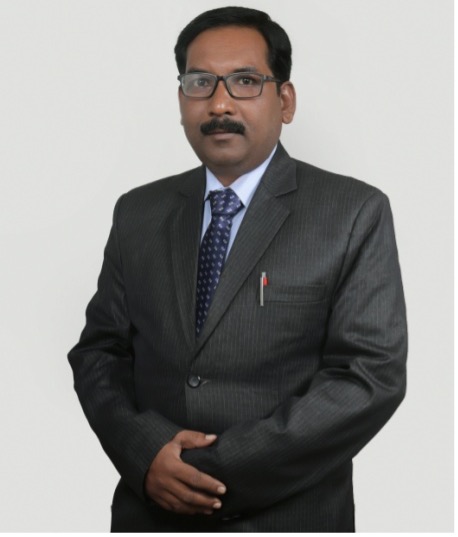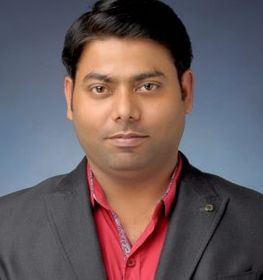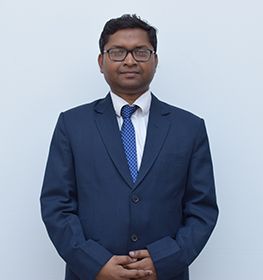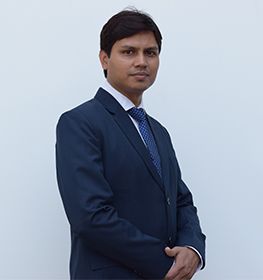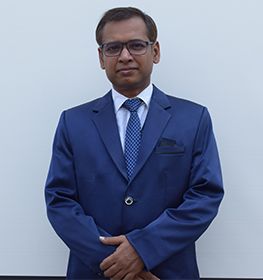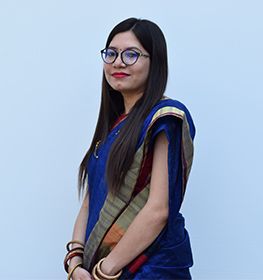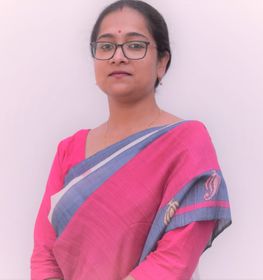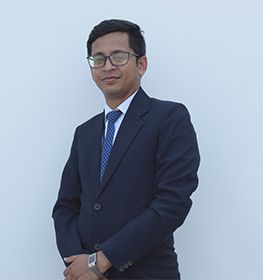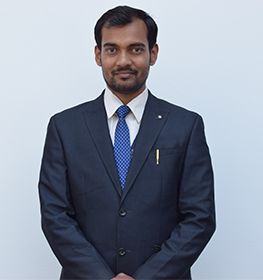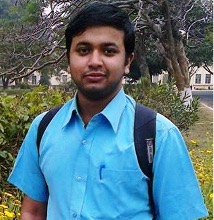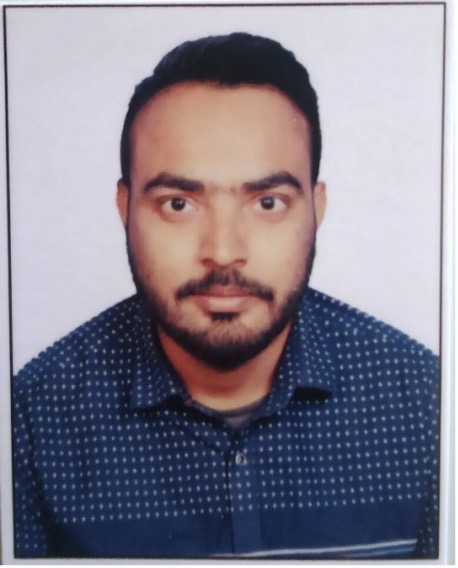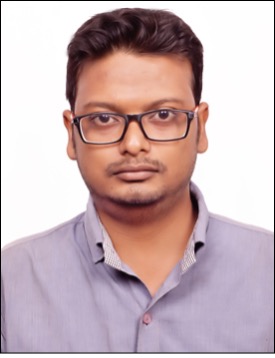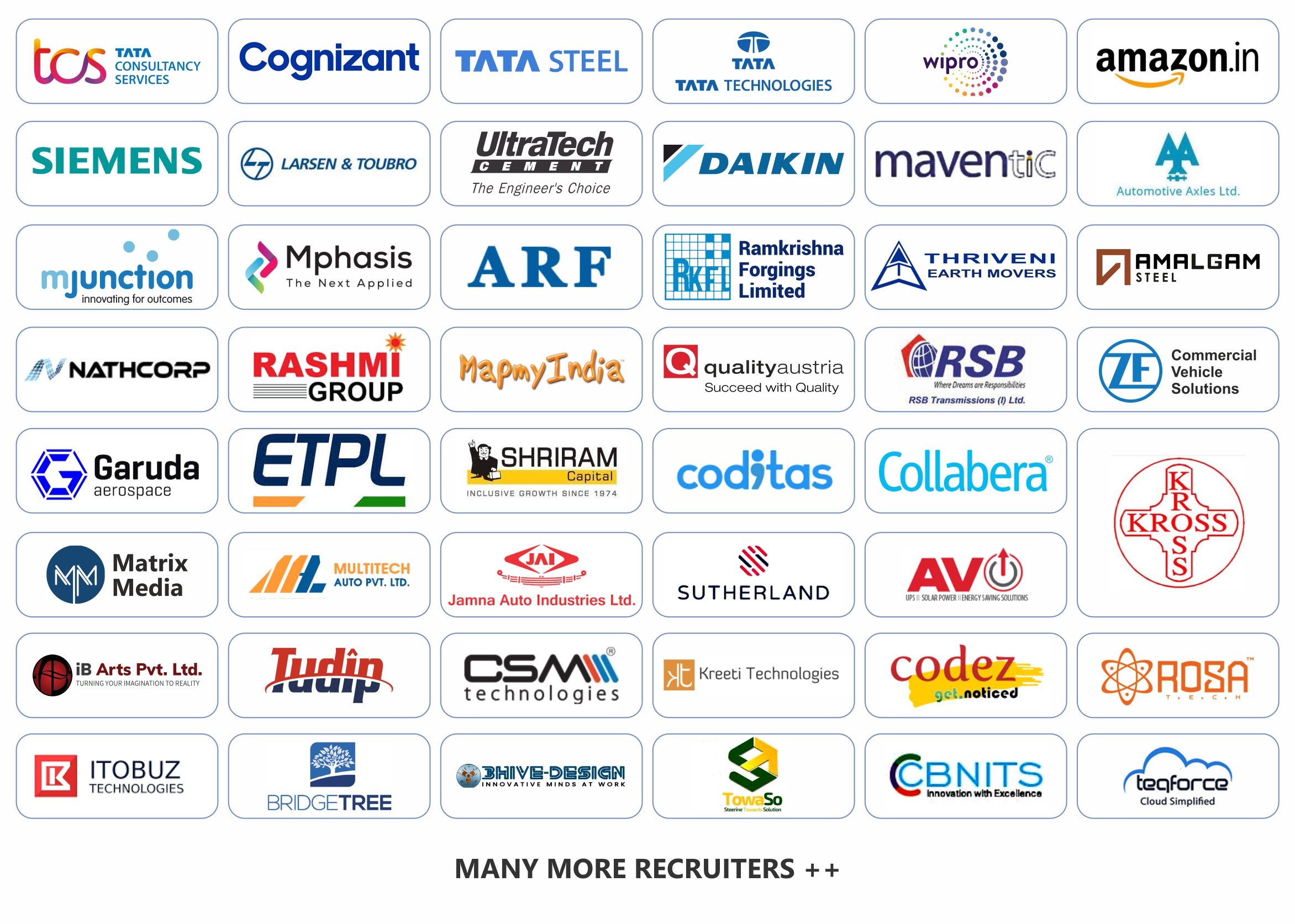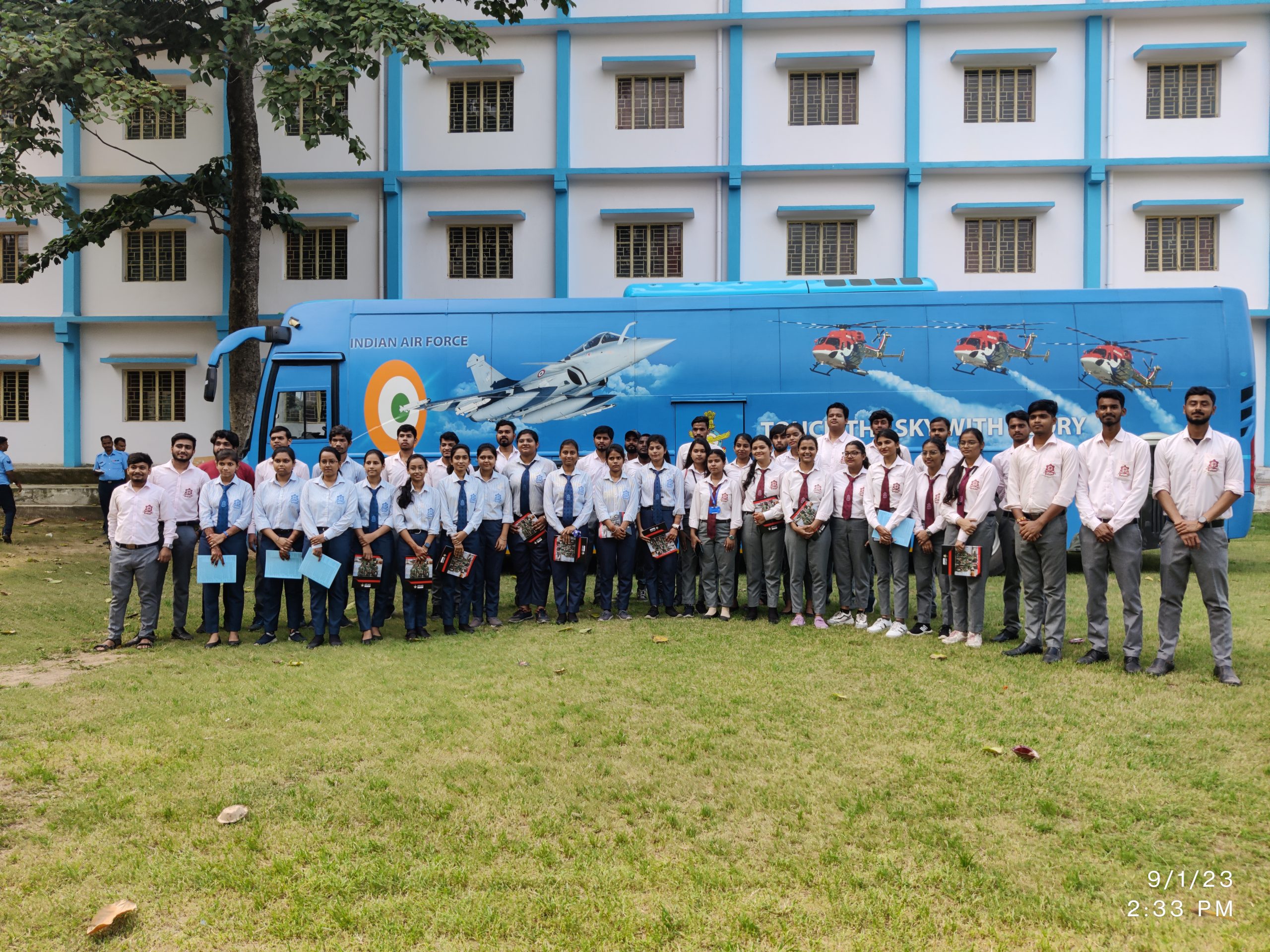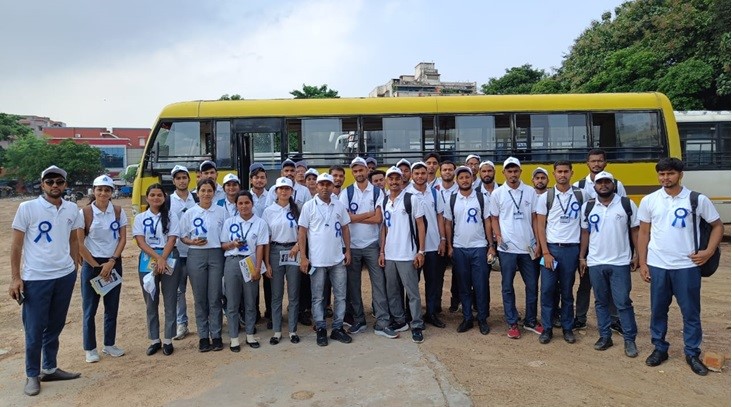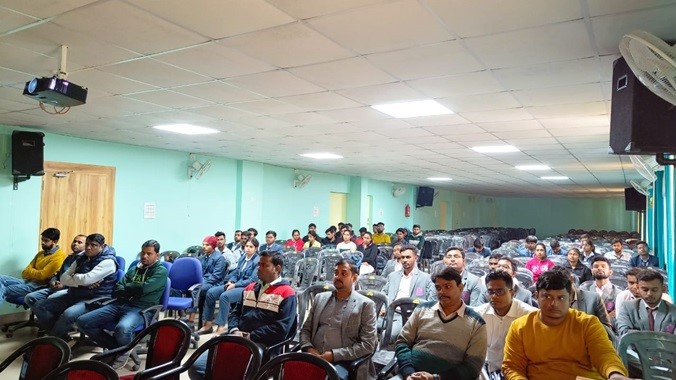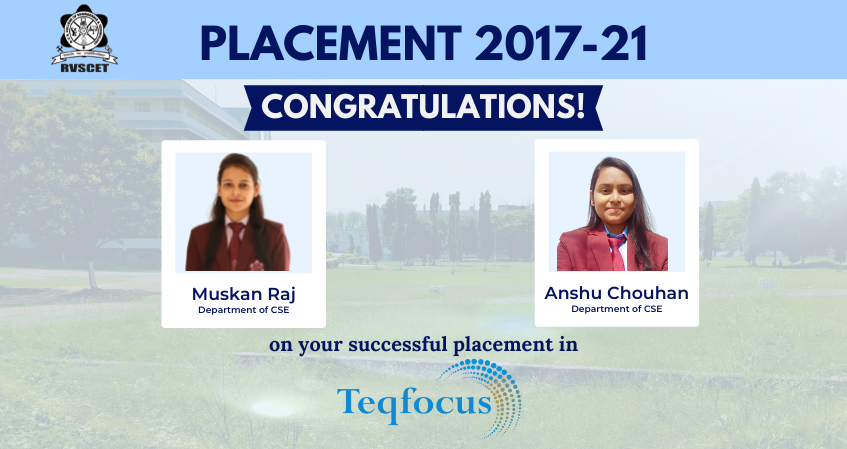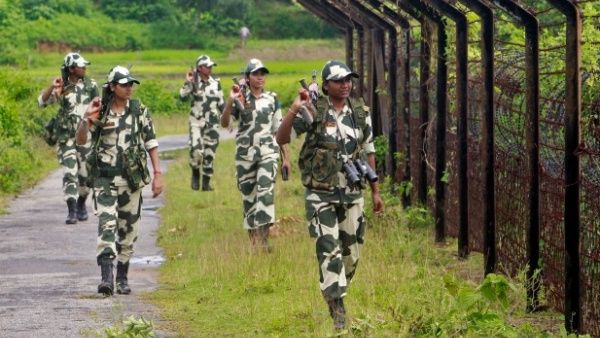| 1 |
CIRCUIT AND SYSTEM |
K.M SONI |
| 2 |
ELECTRIC POWER DISTRIBUTION AUTOMATION |
Dr. M.K KHEDKAR AND DR. G. M DHOLE |
| 3 |
UTILIZATION OF ELECTRICAL POWER |
Er. R. K RAJPUT |
| 4 |
BASIC ELECTRICAL ENGINEERING |
T. K NAGSARKAR AND M. S SUKHALA |
| 5 |
POWER SYSTEM SWITCH-GEAR AND PROTECTION |
Dr. N VEERAPPAN AND Dr. S. R KRISHNAMURTY |
| 6 |
ELECTRICAL ELECTRONICS INSTRUMENTATION AND COMPUTER ENGINEERING |
Dr. S. K BHATTACHARYA AND Dr. S CHATTERJI |
| 7 |
ELECTRICAL MACHINES AND POWER SYSTEM |
Dr. C. S INDULKAR |
| 8 |
BASIC SYSTEM ANALYSIS |
Er. S. K PANDEY |
| 9 |
BASIC ELECTRICAL ENGINEERING |
V. K. MEHTA AND ROHIT MEHTA |
| 10 |
POWER SYSTEM ANALYSIS AND DESIGN |
Dr. B. R GUPTA |
| 11 |
INSTALLATION COMMISSIONING & MAINTENANCE OF ELECTRICAL EQUIPMENTS |
TARLOK SINGH |
| 12 |
UTILIZATION OF ELECTRIC POWER AND ELECTRIC TRACTION |
J. B GUPTA |
| 13 |
NEW AGE POWER SYSTEM PROTECTION AND COMMUNICATION |
AKHATAR KALAM AND D. P KOTHARI |
| 14 |
AUTOMATIC CONTROL SYSTEM WITH MATLAB PROGRAMMING |
NARENDRA SINGH BENIWAL AND RUBI BENIWAL |
| 15 |
SWITCHGEAR AND PROTECTION |
J. B GUPTA |
| 16 |
HVDC POWER TRANSMISSION SYSTEMS |
K.R PODIYAAR |
| 17 |
CIRCUIT THEORY (ANALYSIS AND SYNTHESIS) |
A CHAKRABARTI |
| 18 |
PRINCIPLE OF ELECTRICAL MACHINE DESIGN |
R.K AGARWAL |
| 19 |
SUB-STATION ENGINEERING DESIGN CONCEPTS COMPUTER APPLICATION |
Er. R. S. DAHIYA |
| 20 |
SCADA AND ENERGY MANAGEMENT SYSTEM |
Er. TANUJ KUMAR BIST |
| 21 |
A TEXTBOOK OF POWER SYSTEM OPERATION AND CONTROL |
K NISHA |
| 22 |
A COURSE IN ELECTRICAL CIRCUIT ANALYSIS |
M.L SONI |
| 23 |
ELECTRICAL MACHINES |
P.K MUKHARJEE |
| 24 |
ELECTRICAL MACHINES |
D.P KOTHARI AND I.J NAGRATH |
| 25 |
A COURSE IN ELECTRICAL INSTALLATION ESTIMATING AND COSTING |
J.B GUPTA |
| 26 |
ELECTRONICS (CLASSICAL AND MODERN) |
Dr. R.K KAR |
| 27 |
BASIC ELECTRICAL AND ELECTRONICS ENGINEERING |
M.S SUKHIJA AND T.K NAGSARKAR |
| 28 |
ELECTRONICS DEVICES AND CIRCUITS |
SANJEEV GUPTA AND SANTOSH GUPTA |
| 29 |
FUNDAMENTALS OF MICROPROCESSORS AND MICROCONTROLLERS |
B RAM |
| 30 |
COMPUTER AIDED DESIGN OF ELECTRICAL MACHINES |
V.K MAURYA, RITURAJ JALLAN, AND SHASYA SHUKLA |
| 31 |
MODERN POWER SYSTEM ANALYSIS |
D.P KOTHARI AND I.J NAGRATH |
| 32 |
BASIC ELECTRICAL ENGINEERING |
J.B GUPTA |
